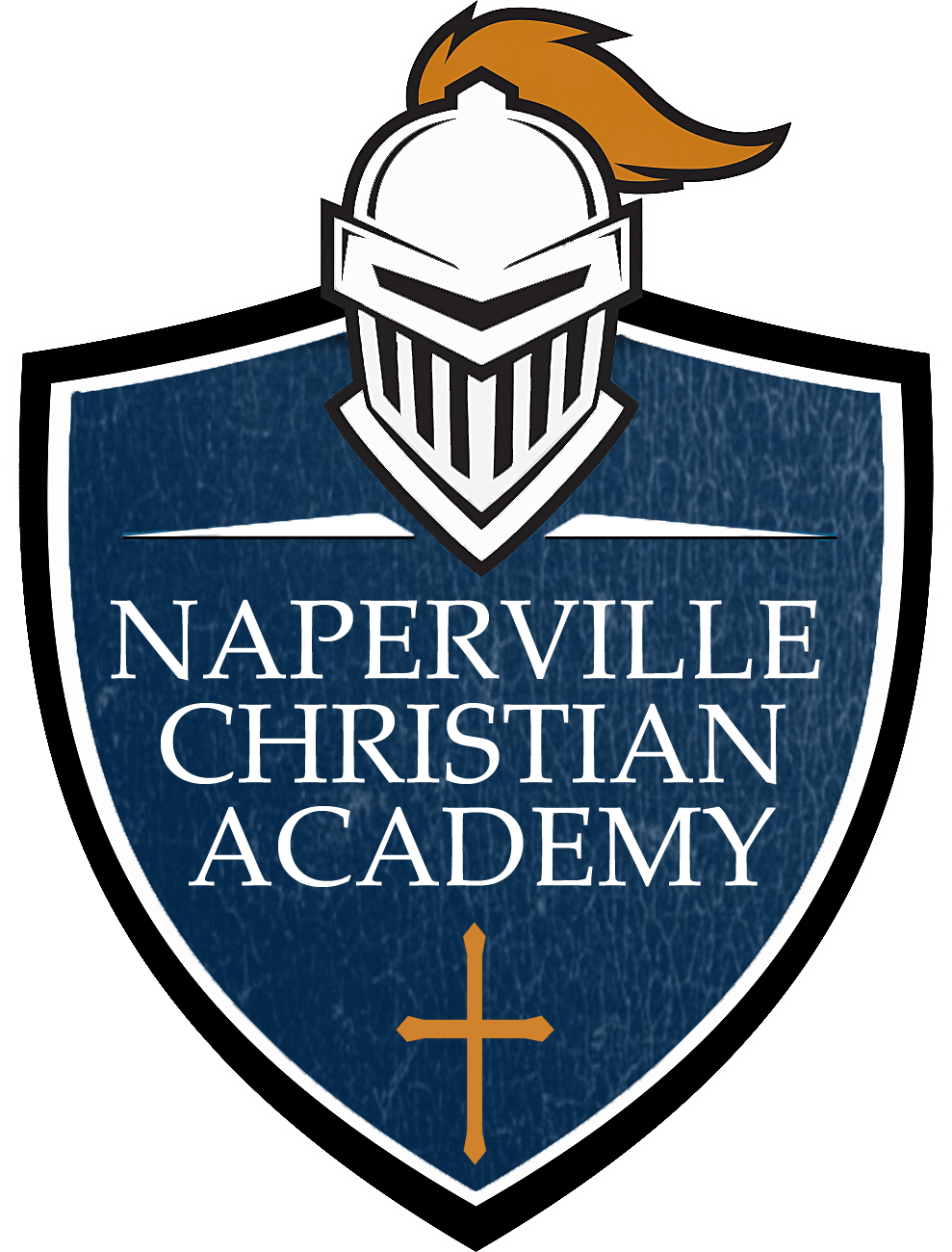Distinctives
What makes Naperville Christian Academy different?
Academics
So many critical skills are being neglected or altogether abandoned in the modern world of education. At NCA, we believe the following subjects are still invaluable, useful, and crucial to becoming genuinely educated:
1 – Phonics
Our youngest students are taught the basic building blocks of the English language; how to recognize particular groupings of letters, discern what sounds those letters make, and use the sounds to both read and spell correctly.
2 – Grammar
Many students today cannot identify the parts of speech or form a properly structured sentence. Grammar is the foundation of understanding how language works and critical in being able to master its use.
3 – Cursive Handwriting
Studies have proven that writing in cursive is tremendously beneficial for brain development and reading proficiency. Most historical documents, the primary sources of the knowledge of our past, are written in cursive. It would be a shame if our society lost the ability to read them.
4 – Memorization
Like jumping jacks for the brain, memorization builds memory muscle. Techniques such as repetition, chanting, and singing help us to impress information upon our minds that we can then retain for a lifetime.
5 – Math Facts
Common Core math practices purport that students should engage in alternative ways of deciphering simple computations in order to deepen their understanding of the relationships between numbers. Why complicate simple fundamentals? NCA trains students to commit simple addition, subtraction, multiplication, and division facts to memory so they can quickly recall and apply them as they progress into higher mathematical functions.
6 – Study of Foreign Language
The earlier a foreign language is taught, the easier it is to learn. We begin Latin in the 3rd grade as it is the language from which all Western language originates. Learning Latin improves our students’ understanding of grammar, vocabulary, reading comprehension, and ability to learn additional languages. Latin continues every year through the 10th grade. Students in 11th & 12th grade take an accelerated Greek course. We also offer French as an after school elective.
7 – Logic
Logic? Yes, logic is itself a discipline that can be taught. It teaches students to reason, think critically, form arguments, solve problems, recognize fallacies, and defend their ideas. Logical thinking is useful in mathematical, scientific, and literary applications.
8 – Poetry
Not just for hopeless romantics…poetry is nourishment for the soul. It challenges us to delve more deeply than the realm of conscious thought, explore ideas we may never have pursued, and wonder at the mystery of the world. It is an exercise in language and a pathway to theology.
9 – Literature
When we say we teach literature, we mean great, well-written, timeless, enriching, cover to cover books; books that give us stories to dream of, ideas to wrestle with, examples to follow, and answers to questions; books that broaden our minds and touch our hearts; books from all periods of time and for all reading levels. We ♥ books!
Character Building
A person is not just a brain, not just a working machine. Every person is a full and free human being created in the beautiful image of God; so at NCA, we aim not only to nurture a child’s intellect but also his heart, soul, and strength. The formation of a child’s character is unequivocally effected by his education. Free to teach each subject as it relates to God, the maker of all things, we are able to illuminate learning’s true source and purpose. Developing each child in wisdom AND in virtue, our students are best prepared to take what they have learned and use it productively to the fullness of what God has planned for them.
Community
Naperville Christian Academy is made up of a loving, supportive, unified community of Christian families from diverse backgrounds who have prayerfully chosen to invest their time, effort, and money in the futures of all of our children. Visitors and new families often remark on the warm welcome they receive and the sense of family that can be felt within the school. Families help one another with daily life, work together on social and fundraising events, get their children together outside of school, and pray faithfully for each other and the school as a whole.
